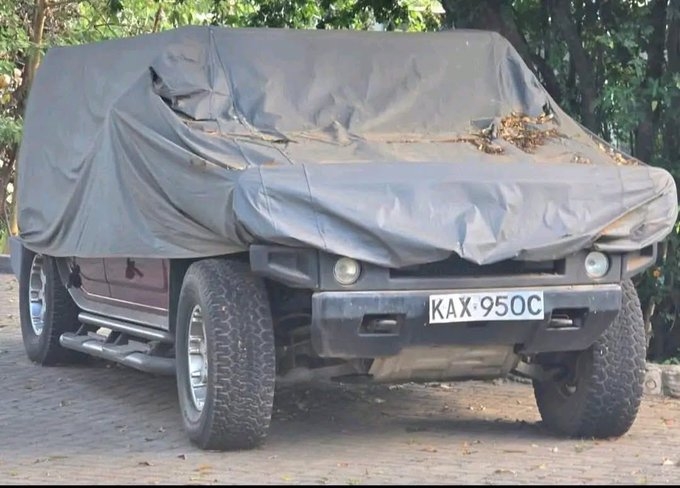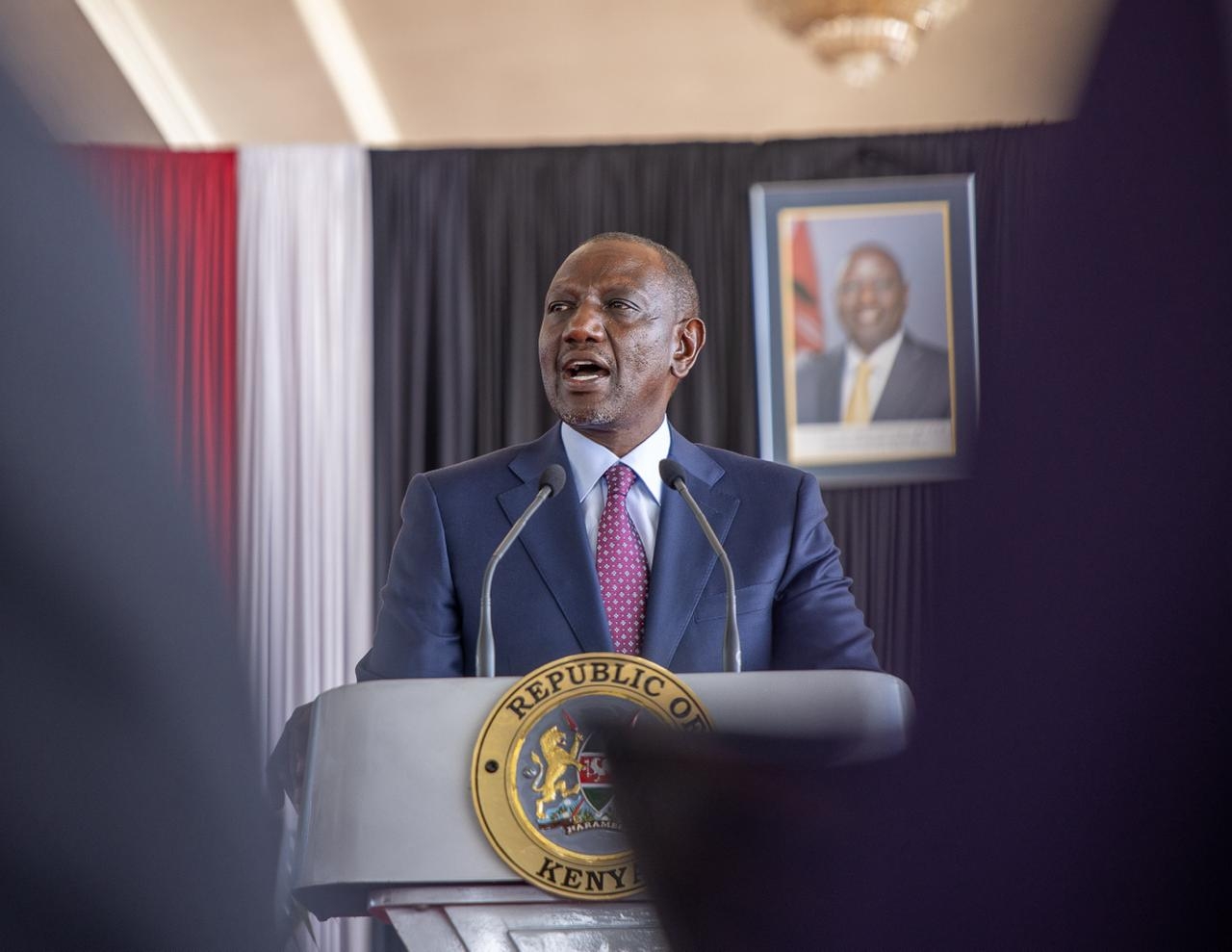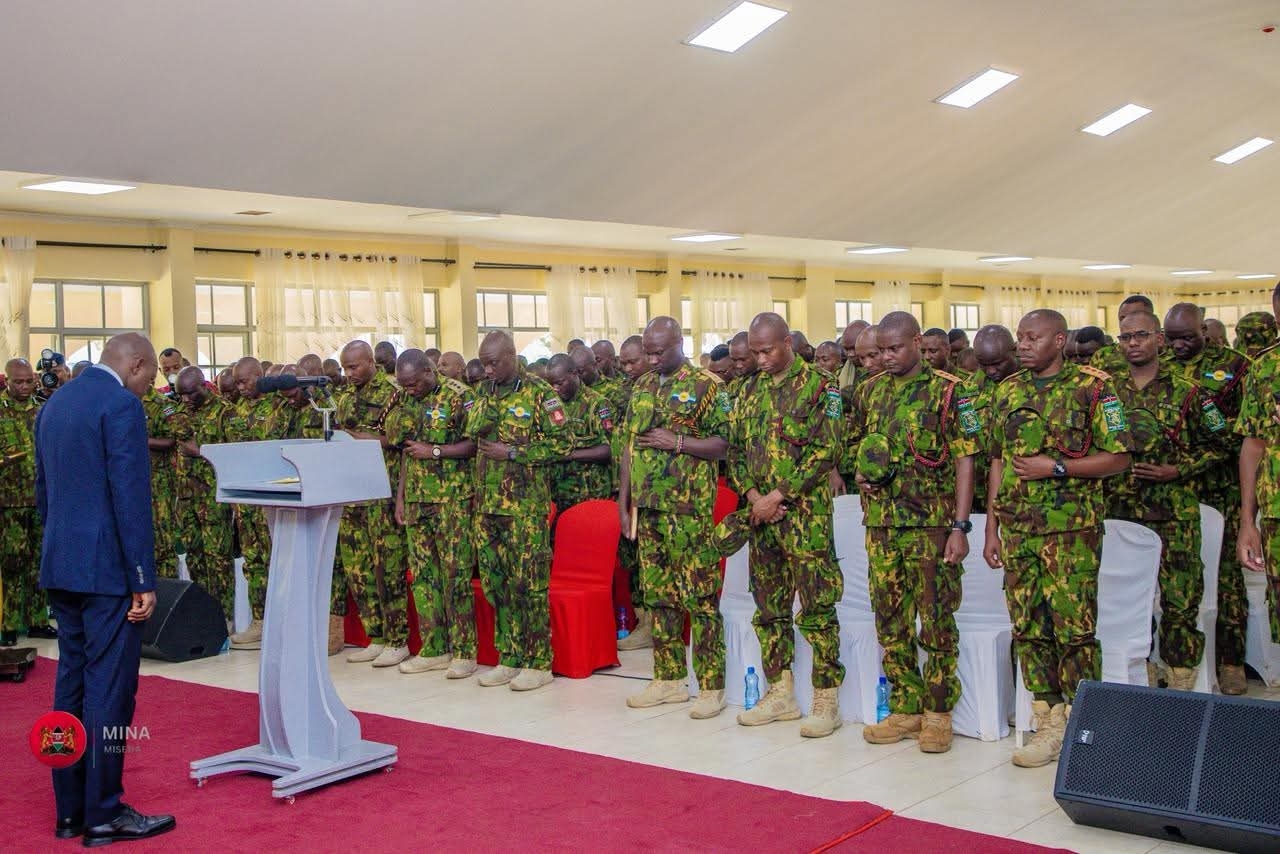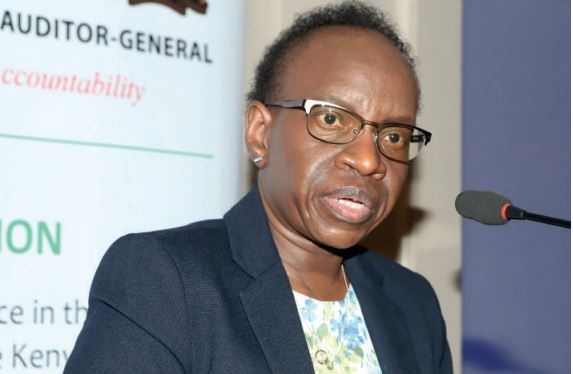
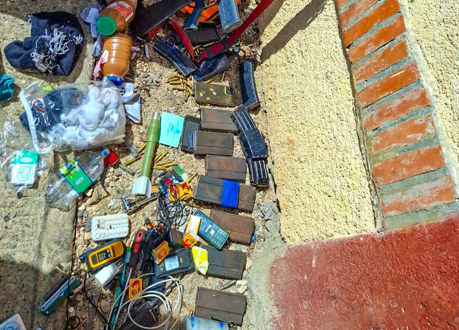
An undisclosed number of
gang members were killed on Monday when specialised units of the Multinational
Security Support Mission (MSS) and the Haitian National Police (PNH) launched a
coordinated night operation that successfully recaptured the Télcos Station
from the grip of gangs.
Officials said the station was among those that have been under the control of the gangs amid resistance to the MSS team’s operations in the area.
The operation saw the recovery of assorted firearms and ammunition. Images from the scene showed several bodies sprawled following the clash that took place between 1 am and 4 am.
A statement from the MSS said the gangs suffered heavy losses as the security forces conducted a methodical sweep, moving door to door to neutralise armed resistance.
“Several individuals attempting to flee or hide were apprehended, while a cache of weapons and other materials was seized and is now in PNH custody,” the statement said
As part of the operation, MSS and PNH teams are
also clearing roadblocks that had been erected by gangs along routes leading to
Télcos and Kenscoff, restoring safe passage for local communities, the MSS statement
added.
New PNH Director General Vladimir Paraison and
MSS Force Commander Godfrey Otunge affirmed that the era of impunity for gangs
is coming to an end.
They warned that those who continue to bear arms will face decisive action, while more targeted operations are already planned.
Kenya leads the MSS team that is seeking to contain the criminal activities of the gangs operating in the capital city.
Kenyan police arrived in Haiti in June 2024 and are seeking renewal of their mandate at the UN.
This comes amid reports that the United States intends to get a new international force to take over from the Kenyan-led mission in Haiti.
This follows a phone call between President William Ruto and US Secretary of State Marco Rubio, during which Kenya lobbied for the adoption of proposals made by UN Secretary-General Antonio Guterres for the UN to provide logistical support to the mission.
Kenya may be providing the bulk of the manpower for MSS in Haiti, but the United States is providing the financial muscle.
Since the first deployment of Kenyan police a year ago to secure critical infrastructure, the UN has warned that Haiti is in the grip of a humanitarian crisis, with the capital, Port-au-Prince, on the brink of complete gang takeover.
A shortfall in personnel, intelligence, equipment and security infrastructure has severely undermined the MSS mission.
The UN Secretary-General recommended the establishment of a UN support office for the MSS, following an advisory against a UN peacekeeping mission.
The US has, in the meantime, urged the Organisation of American States, which it heavily funds, to take on a leading role and for the region to step up its security and stabilisation efforts.
"The US thanks Kenya for its dedication for the last year. We must ensure that an even greater share of the international community is invested in the fight. We will also seek robust regional participation to provide strategic leadership of the force. We note the next international force must be adequately resourced," said US deputy chief of mission OAS, Kimberly Penland.
Rubio had hinted at the development when he appeared before the Senate Foreign Relations Committee in May.
“We are seeking to come up with an alternative strategy because Haiti is heading in a bad direction. The OAS has not led a mission since 1965. Why would we have an OAS if it cannot deal with Haiti? This is one example of something I would like us to lead on, and that is to get organisations like OAS to step forward and provide a mission to deal with Haiti," stated Rubio, a move which would see Kenya relinquish its leadership role. U.S. wants foreign force in Haiti doubled, scale back Kenya’s role in taking on gangs.
The revelation of the plans by the U.S. and its
co-author, Panama, which include rebranding the mission and re-envisioning its
operations, came during a presentation by OAS Secretary-General Albert Ramdin
on a three-year, $2.6 billion roadmap for Haiti last week.
The U.S. has so far allocated over $835 million in financial and in support for the mission, including $150 million in foreign assistance for logistics support and equipment, $60 million worth of equipment and services and up to $625 million from the Defence Department.
In comparison, a U.N. Trust Fund dedicated to raising money for the current Kenya-led mission has so far raised only $112.5 million.
While Canada is the largest donor to the fund, no Latin American or Caribbean country has contributed. Caribbean nations, meanwhile, have pulled back their commitments or put them on hold.
Jamaica, gearing up for national elections next month, still has only about two dozen people in Port-au-Prince, while both The Bahamas and Belize have reduced their small numbers. Barbados, earlier this year, said it would not be sending troops.
Even if the U.S. manages to get the U.N. Security Council to endorse a new mandate for a multinational security support force in Haiti, the administration will find itself hard-pressed to reach its goal of doubling the number of personnel from 2,500, which has yet to be achieved, to 5,000.



